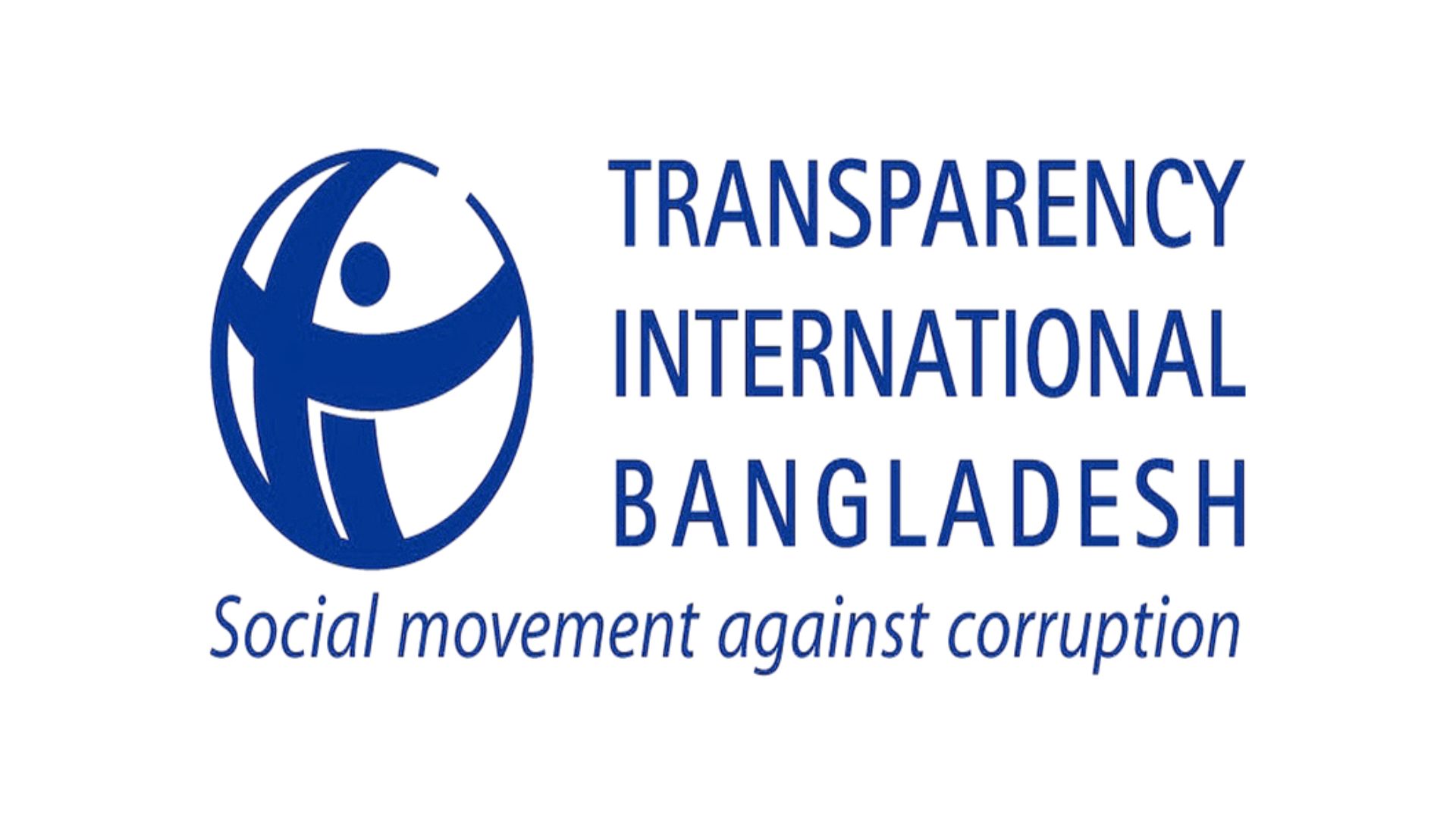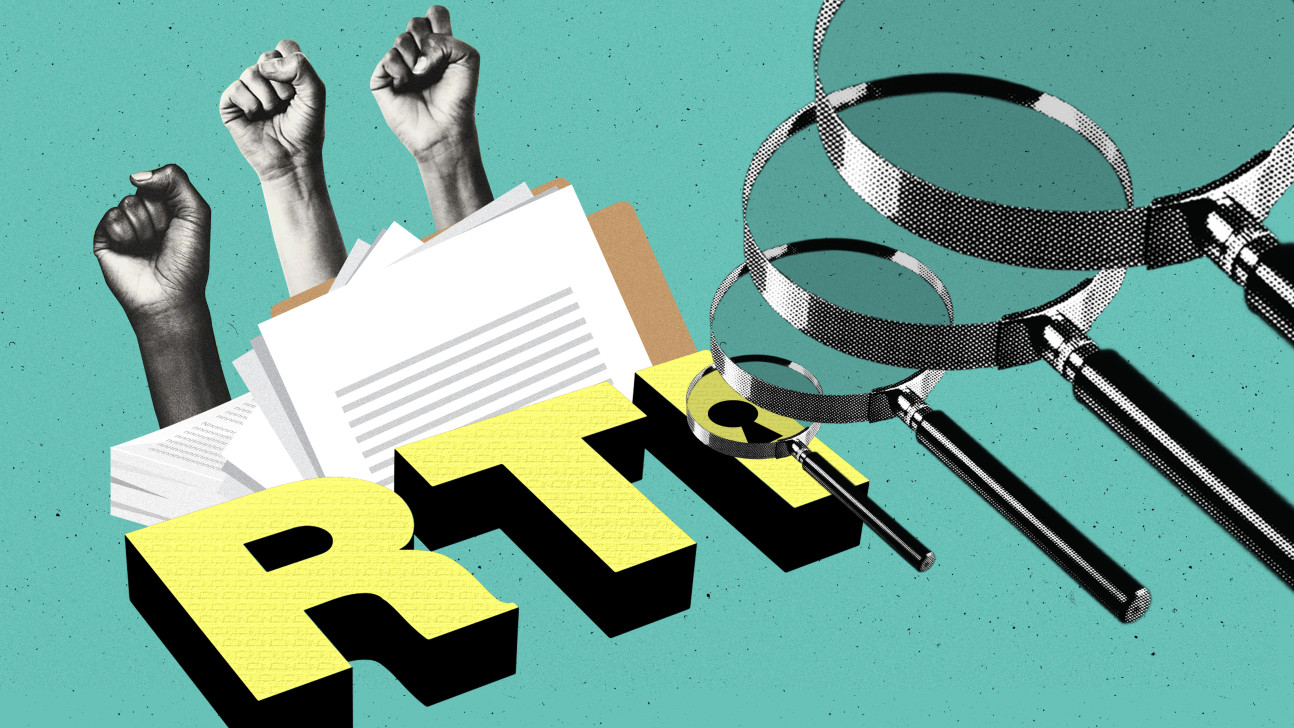A year of silence from the Information Commission

This year's International Day for Universal Access to Information (IDUAI) arrives at a grim moment for Bangladesh. The Information Commission—the very body entrusted with upholding citizens' access to public information—has been essentially inactive for over a year. One may recall that all three commissioners resigned in the aftermath of the 2024 July uprising and the assumption of power by the interim government. Since then, despite petitions, protests, and even a recent High Court rule, the vacuum has persisted. The Ministry of Information and Broadcasting has also failed to act on its own pledge in late July to reconstitute the commission by issuing a gazette notification "within a few days."
Undoubtedly, the interim authorities face a daunting list of priorities. But the Right to Information Act, 2009 is not just another law. Unlike most legislation, which expands the authority of the state, this act empowers the citizens. It flips the balance of power by compelling public offices to disclose information long hidden from view. In doing so, it offers transparency where opacity has been the norm.
The act is, therefore, at the core of the very ideals that inspired the July uprising. That movement demanded transparency, justice, and citizen participation in the governance process. A functioning RTI regime could serve those aims directly, providing people with a legal mechanism to ask questions, pursue accountability, and expose malpractice. It is only fitting on this year's IDUAI then to reiterate the call to restore and strengthen the system that connects citizens to the state.
When the RTI Act was adopted 16 years ago, it was hailed as a landmark in Bangladesh's democratic journey. Rooted in the principle that power belongs to the people, it granted citizens the right to know how they are governed and to demand answers from those in office. With the Information Commission dismantled, that promise lies in ruins today: requests for information go unanswered, appeals vanish into a void, and the law itself has been rendered hollow. This is not an accident of bureaucracy; it is deliberate neglect.
It goes without saying that the costs of such neglect are borne by ordinary people. Consider the situation of a widow in Rangpur, who has been denied her safety-net allowance for months. She has no way now of knowing whether her name was dropped from the list, whether funds were misdirected, or whether she had simply been forgotten. With a working RTI system, she could have sought an explanation. Instead, she was left adrift while middlemen whispered that a bribe might "solve the problem." Her plight is echoed across the country: the farmer blocked from his land records, the student excluded from a scholarship list, the worker whose grievance disappears into a file cabinet.
When people cannot access information, they cannot defend their rights. Services become uncertain, corruption persists, and injustice proliferates. The damage is not only individual but collective. How can citizens monitor relief funds, track health spending, or question land allocation if records are kept secret? In the absence of facts, rumour replaces knowledge, mistrust deepens, and accountability evaporates. The burdens fall heaviest on the poor, women, minorities, and rural communities who can least afford exclusion.
The July uprising was, at heart, a demand for a new Bangladesh: democratic, transparent, and accountable. But democracy does not live by elections alone. It requires daily accountability. RTI is the bridge that allows citizens to cross into the state's inner workings, and scrutinise decisions, budgets, and policies. With the commission paralysed, that bridge lies broken.
And yet, there was a time when it worked. Farmers once used RTI to fight land grabbing. Students invoked it to secure scholarships. Communities demanded clarity in the delivery of services. The victories may have been modest, but they proved the law's potential. Today, citizens have lost even that fragile leverage. State officials often dismiss RTI as disruptive, claiming it slows down governance or that citizens lack interest. Such arguments are cynical and dangerous. People do care if they are given the means to act. What they cannot do is exercise a right that exists only on paper. Each day the commission remains inactive, corruption is protected, malpractice goes unchallenged, and democracy is weakened.
The interim government cannot evade its responsibility in this regard. Restoring the Information Commission is not optional; it is a constitutional duty. Without it, the right to information collapses into fiction. Public bodies must stop hiding behind secrecy. Media and civil society must be free to demand transparency without reprisals. Citizens must be encouraged—and trained—to wield RTI as the tool it was meant to be.
The widow in Rangpur should not need political connections or bribes to secure her rights. The farmer should not lose his land because records are concealed. The student should not be robbed of opportunity by favouritism without recourse. These are not isolated misfortunes. They are evidence of a systemic failure that can, and must, be corrected.
Bangladesh cannot afford to let RTI remain crippled. If we want a transparent, democratic country, RTI must be restored to life and placed back in citizens' hands. The right to information is more than the right to know. It is the right to justice, the shield against corruption, the lifeblood of democracy. To continue to deny it would be a betrayal of the nation's aspirations of a new Bangladesh.
Dr Shamsul Bari and Ruhi Naz are chairman and deputy director (RTI), respectively, at Research Initiatives, Bangladesh (RIB). They can be reached at rib@citech-bd.com.
Views expressed in this article are the author's own.
Follow The Daily Star Opinion on Facebook for the latest opinions, commentaries and analyses by experts and professionals. To contribute your article or letter to The Daily Star Opinion, see our guidelines for submission.




 For all latest news, follow The Daily Star's Google News channel.
For all latest news, follow The Daily Star's Google News channel. 


Comments